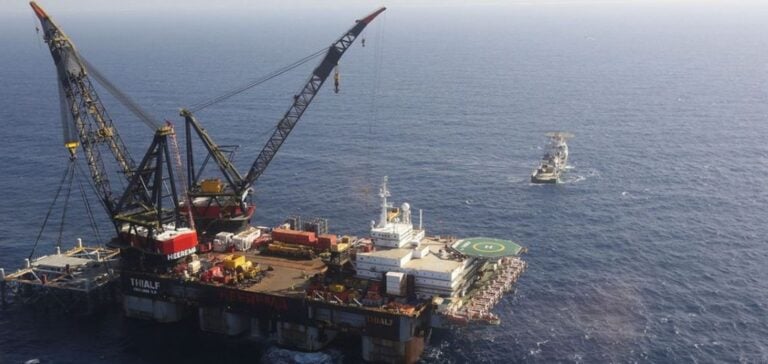The Israeli government recently approved the export of a further 118 billion cubic meters of natural gas from its offshore reserves in the Eastern Mediterranean. This decision is in addition to the 105 billion cubic meters already approved, boosting the country’s gas exports. Energy Minister Eli Cohen said the increase in exports would strengthen Israel’s diplomatic ties, improve the country’s energy security and generate additional income for the national economy. The Leviathan field partners, mainly operated by Chevron Corp, NewMed Energy LP and Ratio Energies LP, plan to invest between $400 and $500 million in the engineering design of the field expansion. This investment is aimed at increasing production capacity to meet growing demand for natural gas in regional markets.
Regional Development and Outlook
The Leviathan field, the largest of Israel’s three offshore gas fields, exports mainly to Egypt and Jordan. It currently produces 12 billion cubic meters a year, with the aim of gradually reaching around 21 billion cubic meters a year. In 2023, Israel exported 8.6 billion cubic meters of gas to Egypt, an increase of 39% on the previous year, and supplied 2.9 billion cubic meters of gas to Jordan. Ratio Energies LP, one of the project’s partners, stressed the importance of this expansion in meeting the growing demand for natural gas in Israel and regional markets. Ratio’s Managing Director, Yigal Landau, said the company is preparing to increase production to meet these needs.
Economic and Safety Impact
The expansion of the Leviathan field represents a major step forward for the Israeli economy, not only in terms of revenue but also in strengthening Israel’s geopolitical position in the region. Chevron Corp expressed its satisfaction at being able to collaborate with Israel in the development of its energy resources, stressing that this initiative will benefit both the country and the region. This increase in production capacity and natural gas exports is a direct response to growing demand, both on the domestic and international markets. The project partners continue to negotiate new contracts to sell gas nationally and internationally, consolidating Israel as a key player in the regional energy sector.
This dynamic expansion of the Leviathan field illustrates Israel’s strategy of maximizing its natural resources to strengthen its economy and diplomatic position, while ensuring greater energy security for the future.






















